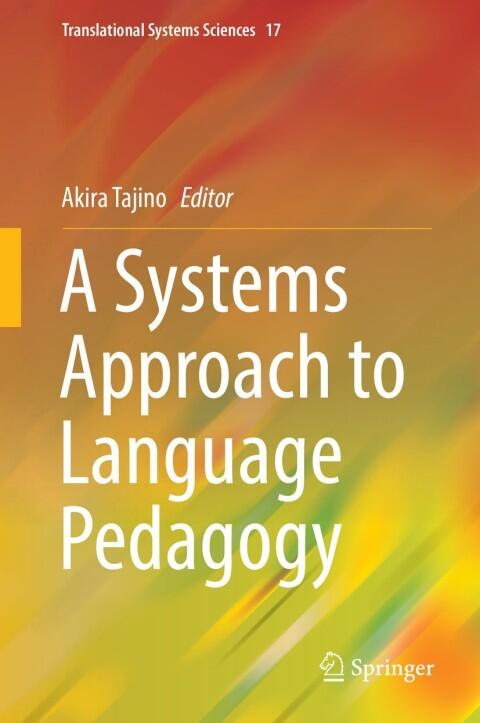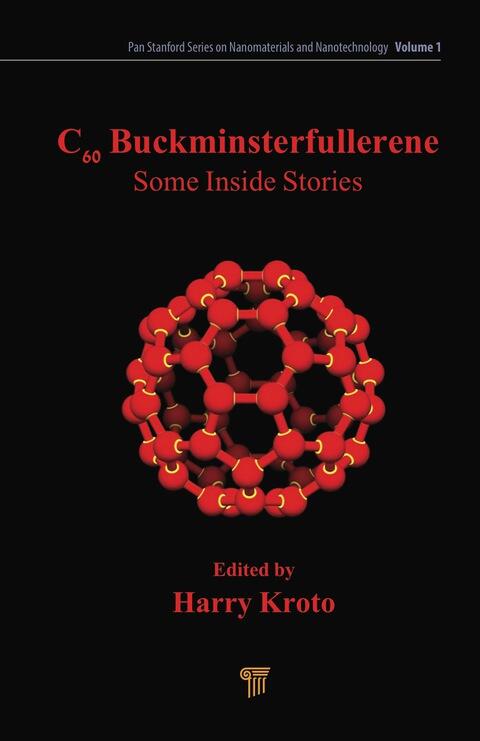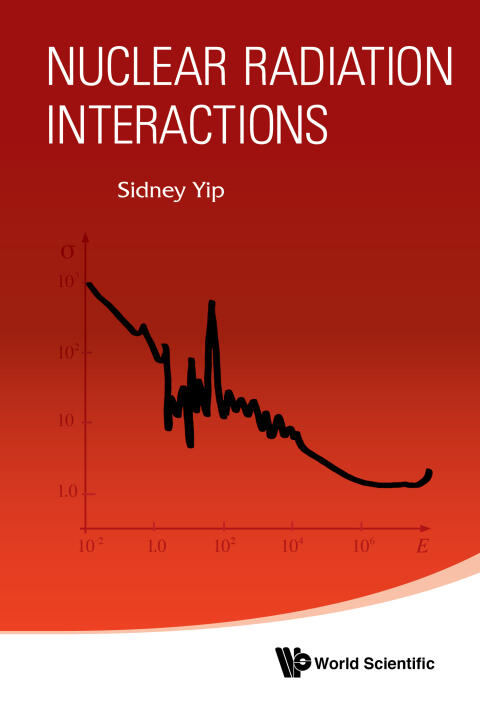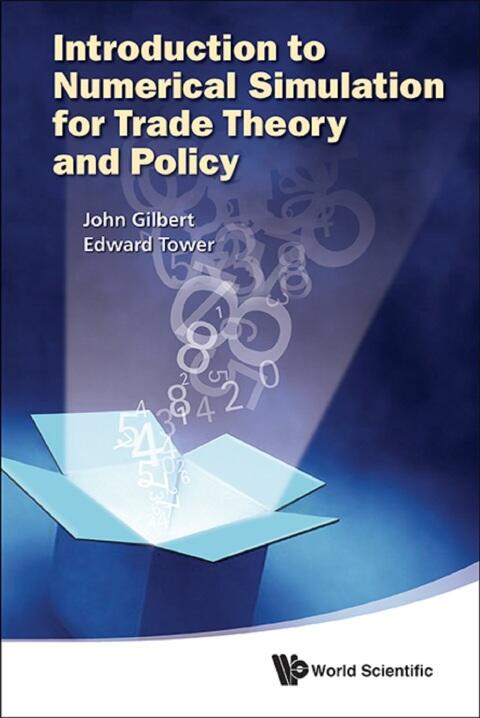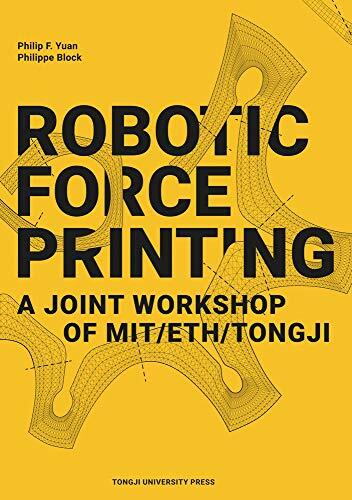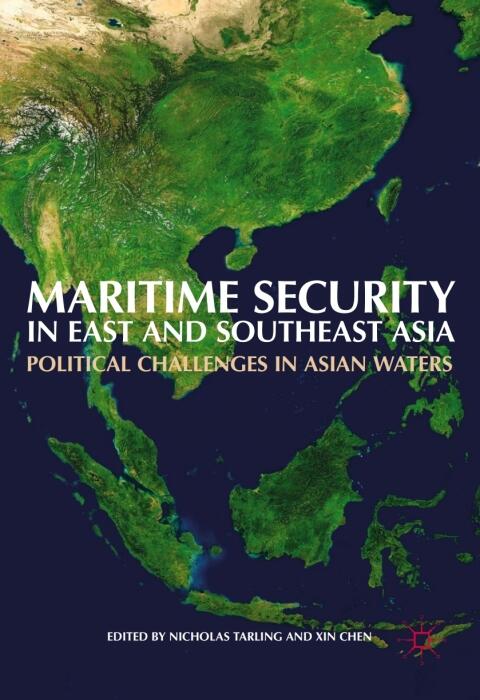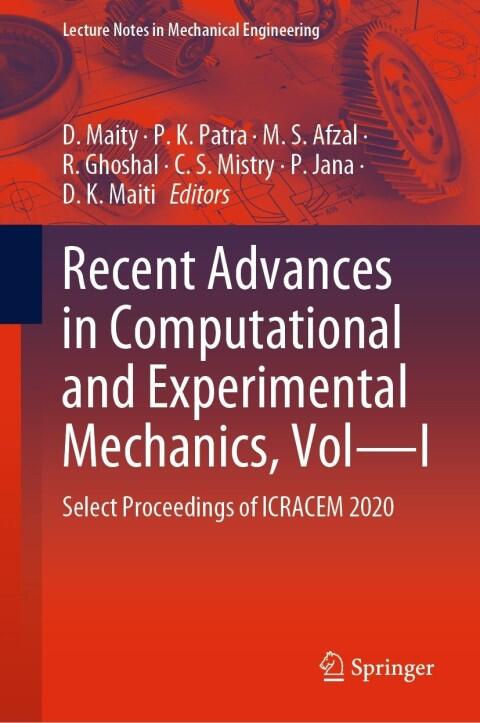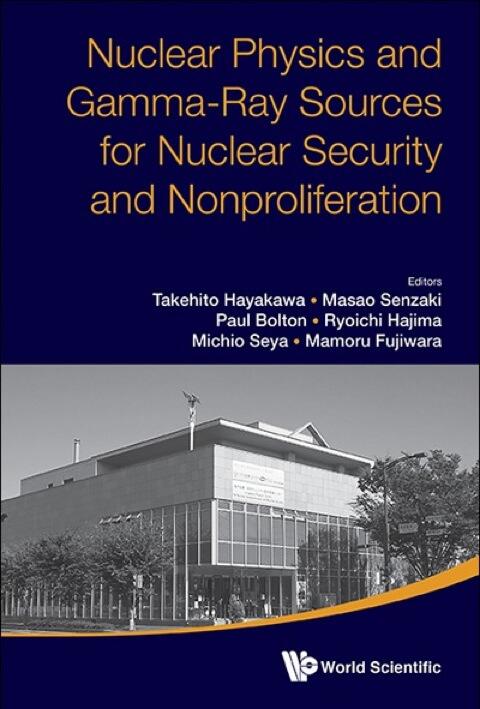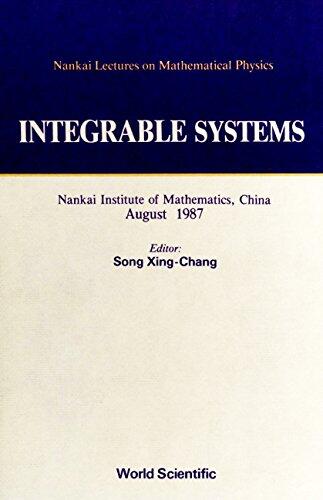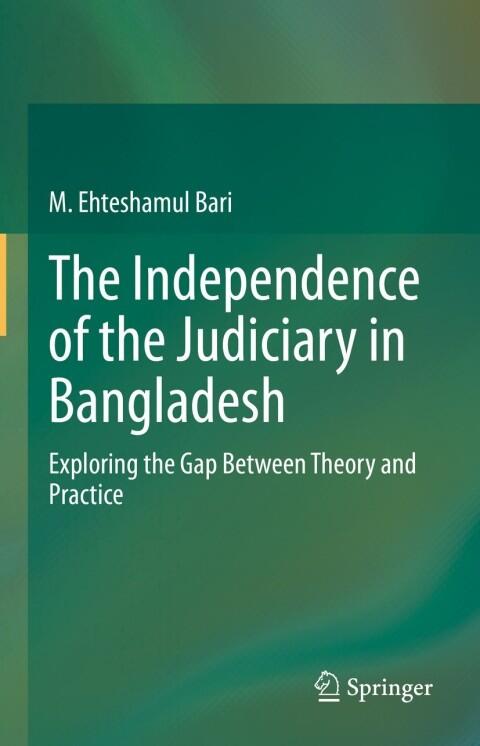
The Independence of the Judiciary in Bangladesh: Exploring the Gap Between Theory and Practice
by
M Ehteshamul Bari
No ratings yet
Science & Technology
History
Horror
Format
Kindle
Pages
345
Language
English
Published
Jan 1, 2021
Publisher
Springer
Edition
9
ISBN-10
9811662223
ISBN-13
9789811662225
Description
M. Ehteshamul Bari delves into the critical issue of judicial independence in Bangladesh, illustrating the complexities that arise when theoretical frameworks clash with practical realities. Through meticulous research, Bari examines how the judiciary's impartiality is essential for upholding democracy and the rule of law, laying a foundation that fosters public trust in legal institutions.
The work presents a thorough analysis of the historical and contemporary challenges faced by the judiciary in Bangladesh. It exposes various systemic flaws and external pressures that undermine judicial autonomy, highlighting the often tenuous relationship between the judiciary and other branches of government. By doing so, Bari uncovers the underlying factors that contribute to the persistence of these issues.
Throughout the narrative, the author emphasizes the urgent need for reforms that would solidify judicial independence and protect it from political interference. He calls for a reevaluation of policies and practices designed to promote transparency and accountability within the judiciary.
Ultimately, this exploration not only serves as a critical reflection on the state of the judiciary in Bangladesh but also offers a vision for a more equitable and independent legal system, essential for safeguarding individual rights and freedoms.
The work presents a thorough analysis of the historical and contemporary challenges faced by the judiciary in Bangladesh. It exposes various systemic flaws and external pressures that undermine judicial autonomy, highlighting the often tenuous relationship between the judiciary and other branches of government. By doing so, Bari uncovers the underlying factors that contribute to the persistence of these issues.
Throughout the narrative, the author emphasizes the urgent need for reforms that would solidify judicial independence and protect it from political interference. He calls for a reevaluation of policies and practices designed to promote transparency and accountability within the judiciary.
Ultimately, this exploration not only serves as a critical reflection on the state of the judiciary in Bangladesh but also offers a vision for a more equitable and independent legal system, essential for safeguarding individual rights and freedoms.
Reviews
Reading Log
No reading logs found
Start tracking your reading progress to see logs here
Add Your First Reading LogNotes
Transaction Log
No transaction logs found
Start tracking your book transactions to see logs here
Add Your First Transaction Log
